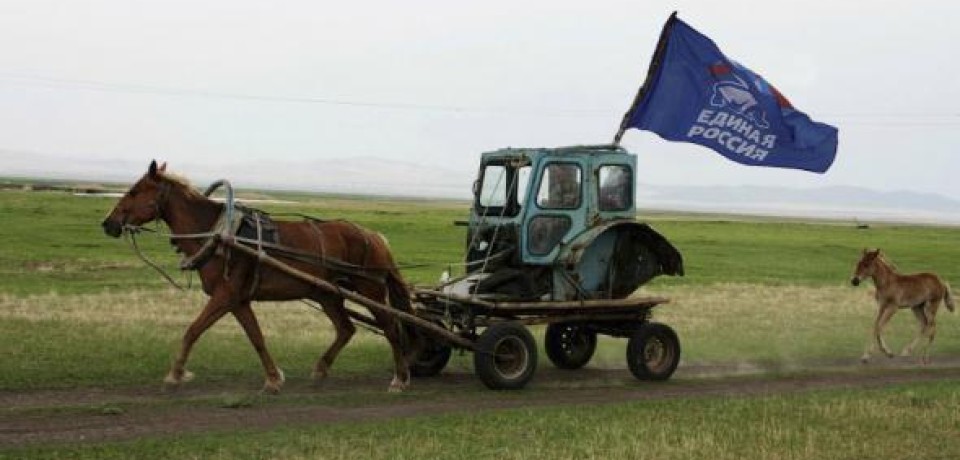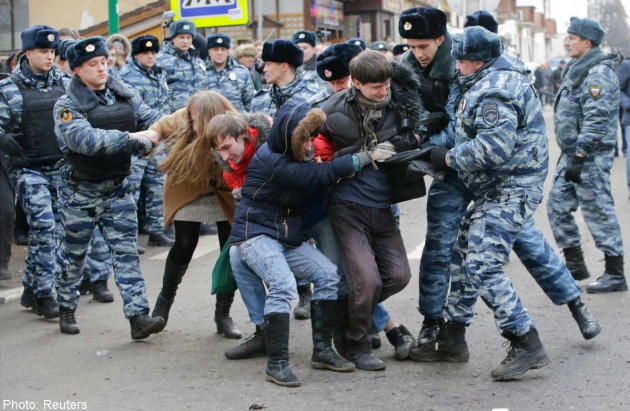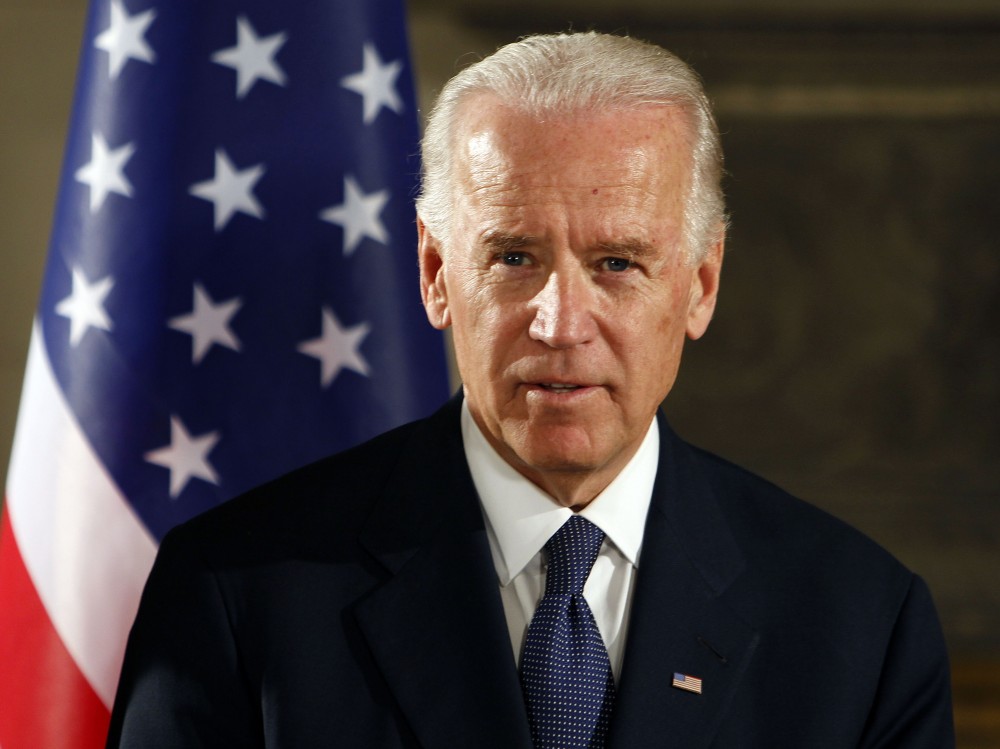
Most great powers celebrate their status by pointing to their own achievements; Russia in contrast seeks to boost itself not by doing that – there are too few to mention – but by denigrating other countries, an approach Vladislav Inozemtsev suggests is summed up in the phrase that however bad things are in Russia, they’re “better than in Ukraine.”
Russian officials “and above all” Vladimir Putin increasingly like to talk about Russia being a great power, the Moscow commentator says; but they do so in a way that raises doubts that “Russian politicians “really believe in the myths they have created” in that regard.
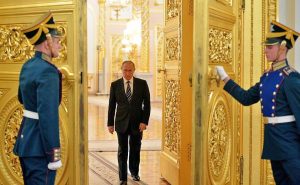
(Image: kremlin.ru)
If Russia’s powers that be really “consider their country to be strong, it would be logical for them to suggest that it occupies leading positions in the world on many if not the majority of measures,” as the leaders of other major powers like those of the United States, Germany and China do, Inozemtsev says.
But “in Russia for a long time already hasRemove featured image been put in place a different kind of discourse, based not so much on the analysis of one’s own achievements as on a comparison of them with what others have been able to achieve.” Such an approach, he says, began in the 1930s and reached its apogee with Khrushchev’s “catch up and surpass America” slogan.
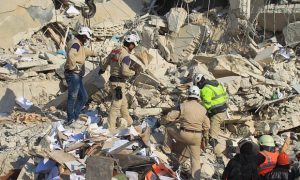
Unfortunately, subsequent events “showed the illusory quality of hopes for the realization of this beautiful slogan in practice.” The Soviet Union was simply too far “behind” and was falling ever further “behind” as well. After 1991, Russians had to face up to that lag, even though it made many of them uncomfortable.
But in 2000, with the rise of Vladimir Putin, there was a return to the pattern of boosting oneself by denigrating others. A day before entering the Kremlin, the new leader talked about how Russia could catch up with Portugal, even though at that point it was far behind that European country in terms of per capita GDP.
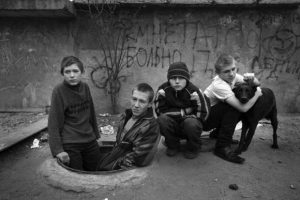
Russia came close to doing so in 2013, Inozemtsev says, but then “the rhetoric [offered by the Kremlin] changed again and this time much more radically.” Already with the onset of the economic crisis, it became “fashionable” to talk about the fact that life in Russia “all the same was not as bad as in neighboring countries.”
But Moscow made comparisons with them because it had fallen even further behind from the major powers of the world in terms of these economic measures. And with the crisis in Ukraine, the Kremlin focused on that country above all, suggesting that the measure of Russia’s greatness was the weakness of Ukraine.

Such an ideological trope, Inozemtsev continues, raises questions about just how confident Russia’s rulers are about what they are saying and inevitably focuses attention on how unrealistic and unrealizable its “great power” aspirations really are, given the way in which this highlights Russia’s weaknesses rather than any strengths.
“Can one imagine that the leader of a country who was really confident in himself and in it would use such a line of argument? That Obama in a message to Congress would tell Americans that they should be glad because already now they live much better than their neighbors, the Mexicans?”
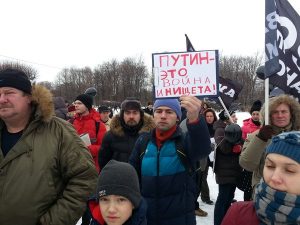
Or that Germany’s Angela Merkel would tell her countrymen that they should be pleased because Germans live better than Czechs or Hungarians? Inozemtsev says he has “never heard anything like that and thinks that he will not in the future.” But such efforts to hide one’s own shortcomings by pointing to others indicate that those who make them don’t see their country as they encourage others to see it.
“Of course,” he concludes, “one can continue to talk about Russia ‘rising from its knees,’ about Russian society being informed by ‘traditional moral values,’ and about ‘[its] weight in world politics constantly growing.’” But suggesting that Russia is already a world power because on some measures Ukraine is doing worse than Russia undercuts all such claims.
Related:
- Why Americans are "stupid," according to Russians
- Russian journalist Valeriy Solovey: What Russians don't like about Ukrainians
- What Moscow did to Koenigsberg, it will do to Crimea
- Experts: Putin killing Russians and Russia's future by cutting vodka prices
- Russians and Ukrainians becoming like Serbs and Croatians, Solovey says
- Russian elite benefits from Putin cult more than he does, Kirillova says
- Ukrainians' strong horizontal ties a serious weakness when it comes to their attitudes about Russians, Shchetkina says
- Russian military analyst: The forces in Donbas are Russian Army

